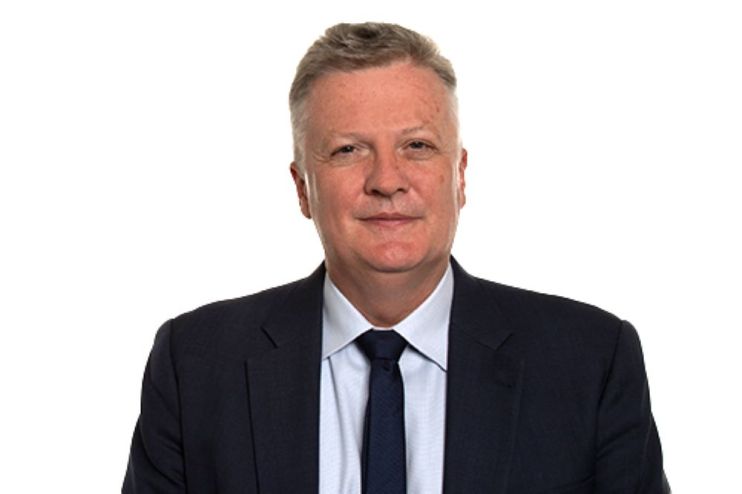Bank of England’s Huw Pill says interest rates unlikely to return to zero

Interest rates are unlikely to return to the ultra-low levels seen during the 2010s, a senior Bank of England official said yesterday.
In an online question-and-answer session, the Bank’s chief economist Huw Pill said interest rates would likely settle at a level that’s “below where we are” but probably “higher than the interest rates that we had in the pre-Covid era”.
Pill noted that in the aftermath of the financial crisis the Bank of England had to be “supportive” of the economy as a whole otherwise it would be “slowed down to a halt”.
Interest rates were rapidly cut to near zero in the immediate aftermath of the financial crisis and remained there for the entirety of the 2010s. Pill described this period as “exceptional”.
“We’re now in an exceptional period, if you like on the other side, responding to the higher gas prices and the invasion of Ukraine. Hopefully, when all this washes out, we’re in a normal period and the normal period will be somewhere between those two places,” he said.
Economists have been debating whether the underlying interest rate – the so-called equilibrium rate – has increased in recent years. The equilibrium rate is the interest rate consistent with the economy growing at its potential and inflation being in line with the two per cent target.
Pill said there were “too many uncertainties” to give a precise estimate for this rate but suggested the fact that interest rates at 5.25 per cent were restrictive meant the underlying rate was “above what you might consider as normal”.
Pill’s comments come after the Bank of England left interest rates on hold while making gloomy forecasts for the UK economy.
The Bank expects GDP to be flat in 2024 and grow by just 0.4 per cent in 2025, both of which were downgrades on its August forecasts.
Growth is expected to be held back by the impact of the rapid monetary tightening the Bank has already undertaken. Bank forecasts suggest that about half of the impact of the interest rate rises is still to be felt.
Despite the poor outlook, Andrew Bailey, governor of the Bank of England, ruled out rate cuts any time soon, saying it was “much too early” to consider moving rates lower.
Pill noted that the Bank might be in a position to reconsider its options by the middle of next year “if nothing new has happened”.
New figures for UK GDP out on Friday are expected to show a slight quarterly contraction, meaning the UK could face a recession in the second half of the year.